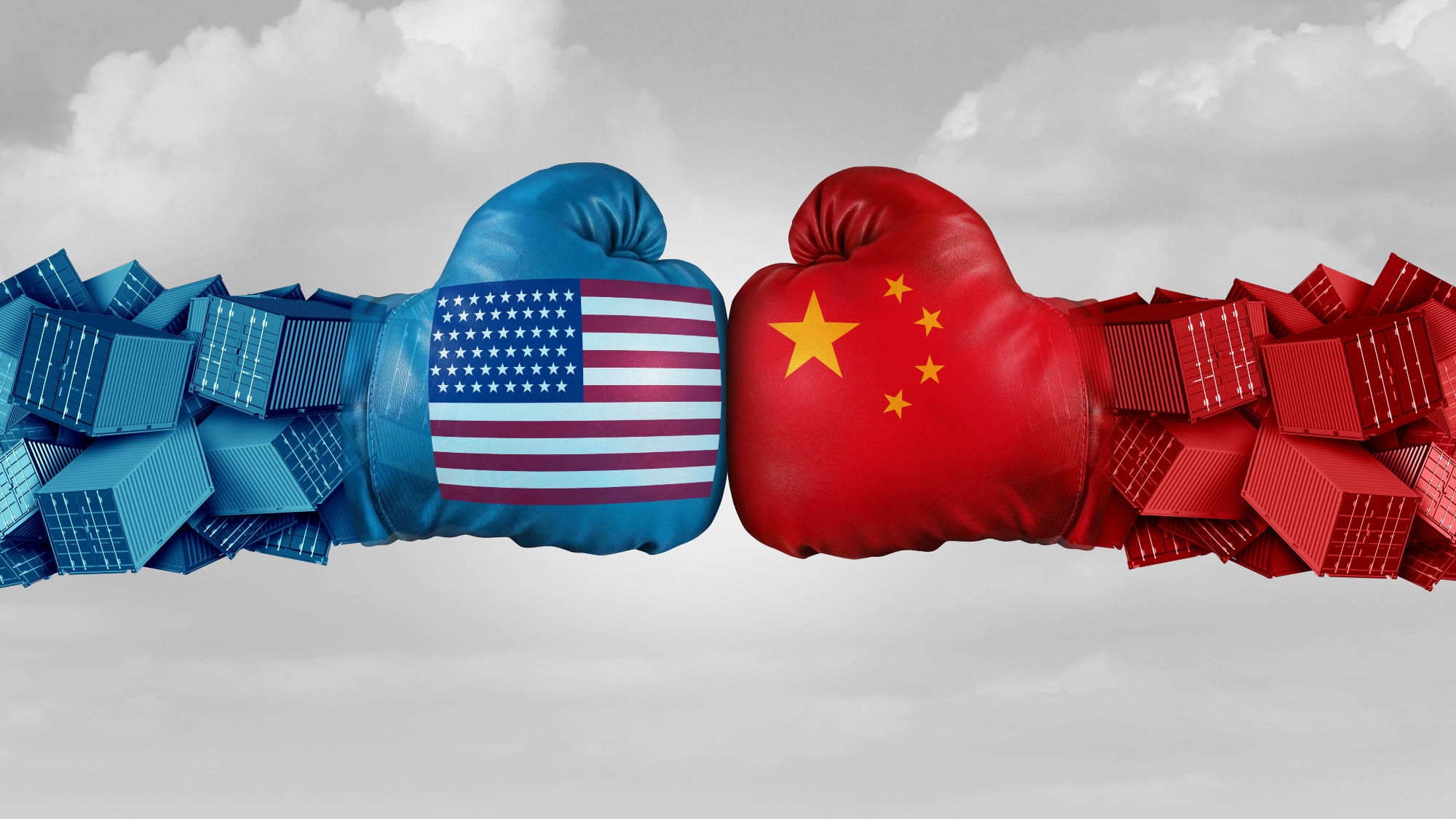Strategic Purchasing: Lessons for Purchasing Managers – Part 5
PART 1: Introducing New Research on Relational Rents
PART 2: Strategic Purchasing and Supply Management Practices
PART 3: The Nature of Strategic Purchasing
PART 4: Supplier Relationship Performance Outcomes
PART 5: Lessons for Purchasing Managers
Strategic purchasing, operating through supply management practices, has the potential to generate relational rents for a firm. Close relationships with suppliers, where trust and cooperation replace competition and opportunism, encourage value creation. Strategic purchasing utilises a number of supply management practices, including boundary-spanning socialization activities, integration of operational processes, and improved alignment of the supply base with the needs of the buyer. The effective implementation of these supply management practices leads to business benefits, such as improved quality, delivery speed, reliability and product design.
Formal socialisation processes have a significant role to play in the development of effective supplier relationships but rarely are these processes encouraged or measured by firms. Purchasing managers should treat socialisation processes as value added activities and prioritise them accordingly.
Integrating operational processes with suppliers is important to maximise the business benefits offered by collaborative relationships. For example, a semiconductor firm interviewed for this project outsourced production to a contract manufacturer in China. The initial process of strategic purchasing and supplier selection was simple. However, once production began, quality problems became rampant, until the firm formally committed to establishing on-site operational personnel to resolve these issues. Relationship management thus played a critical role in cementing the benefits associated with the outsourcing decision.
Those firms that build joint investments with suppliers derive the greatest benefits from the relationship. Joint investment increases dependency levels between buyer and supplier, facilitating the alignment of organisational systems, the sharing of knowledge and learning and enhanced problem solving. These benefits may manifest themselves in reduced time-to-market, improved design cycles, reduced costs and risk sharing agreements.
As the supply base becomes more responsive (i.e. the ability to change delivery, volume, mix and customisation), greater supplier relationship outcomes are gained. This is likely due to the greater ability of suppliers to meet buyer firm’s needs efficiently and effectively.
Given the importance of strategic purchasing and supply management practices, investment in developing a firm’s supplier management capabilities should be a managerial priority. It is evident that if firms are to become more responsive to their market places they need to build a strategic competence in their purchasing functions. Strategic purchasing leads to improved supplier integration, improved inter–organizational socialization mechanisms and a more flexible supply base. As a consequence it provides overall improvements in supplier relationships performance, including the achievement of relational rents. Firms need to be able to react quickly, efficiently and effectively to intense market pressures. Having a supply chain that is able to do this is vital to maintaining a sustainable competitive advantage.
- Categories:


